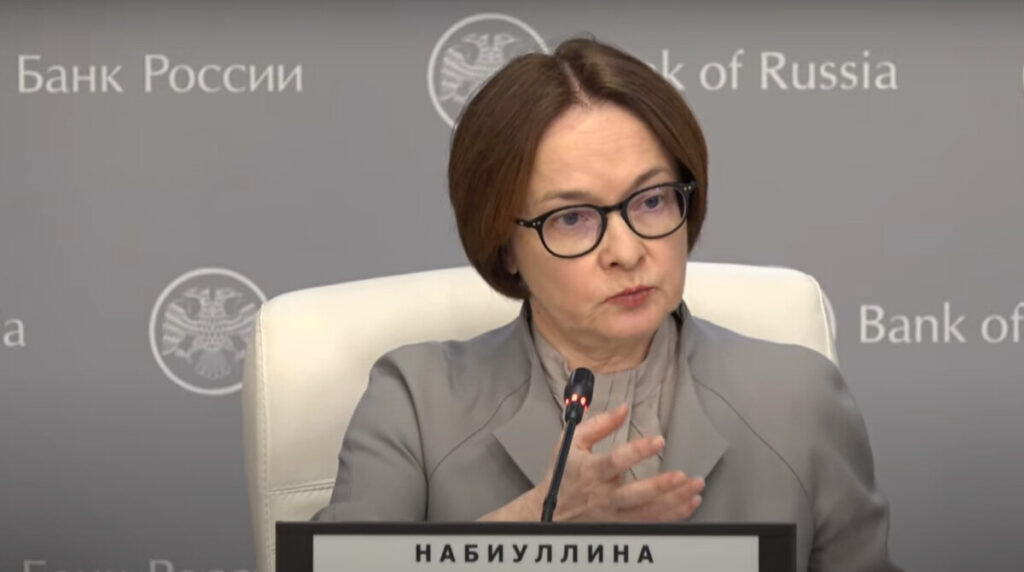The Russian Central Bank has updated its commercial banking regulations to block illegal online casinos from using cash and card mules.
The mules, known in Russia as “droppers,” are paid to launder funds from illegal, web-based casino platforms. They also facilitate illegal crypto purchases. In recent years, droppers have begun avoiding major banks that use tight anti-money laundering protocols.
Instead, the mules have begun to create accounts on platforms operated by small and medium-sized domestic banks.
The bank says some droppers have also started opening shell companies. They then use these otherwise inactive firms’ business details to apply for corporate cards.
The new Central Bank guidelines include dropper-related protocols for commercial banks and corporate card issuers alike, the news agency Interfax reported.
Russian Central Bank: New Guidelines Will Help Identify Cash and Card Mules
Banks have been told to carefully scrutinize individuals’ transfers to corporate cards operated by suspected shell companies, “and vice versa.”
The guidelines also instruct banks to implement online, real-time monitoring of their clients’ transactions in order to identify new cash mules or shell firms.
The Central Bank also wants financial providers to check if their corporate or private clients have previously transferred money to suspected droppers or possible shell companies.
If they identify any such individuals or companies, banks have been told to issue transfer limits, or bar them from sending money outside working hours.
In April, the bank announced plans to create a national database of droppers in conjunction with the national anti-money laundering agency, the Federal Financial Monitoring Service (Rosfinmonitoring).
Moscow says the mules help finance shadow businesses, particularly online casinos. Government officials say there has been a sharp rise in unregulated online casinos in recent years.
They claim that most of these sites target young, highly vulnerable Russian smartphone users. At least half of Russia’s 80,000-700,000 known droppers are also aged under 23, the Central Bank claims.
The bank also thinks that it thinks a third of these suspected cash mules are non-permanent residents.

Parliamentarians Mull Criminal Liability Proposal
Lawmakers in the State Duma are currently considering a bill that would introduce criminal liability for droppers.
MPs are also mulling a proposal to limit the number of cards individual users can create.
The Central Bank Governor Elvira Nabiullina has claimed that such restrictions would not have any effect on ordinary, law-abiding citizens. She explained that “most citizens do not open hundreds or even thousands of bank accounts.”
Nabiullina favors a card limit of five cards per bank, with a combined total of 20 per individual.
Both the Central Bank and Rosfinmonitoring think that large criminal organizations, including a number of Russian underground casino operators, have started recruiting younger teenagers in their search for new cash mules.











